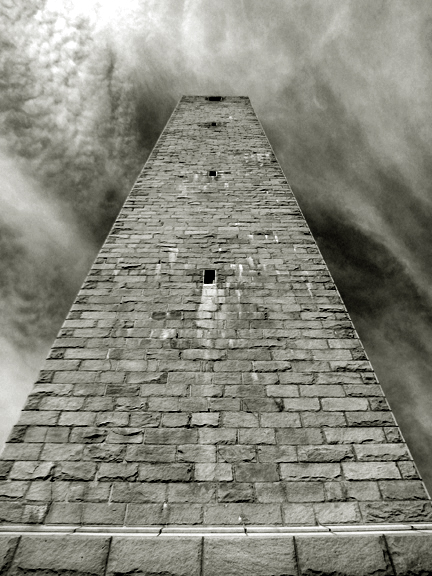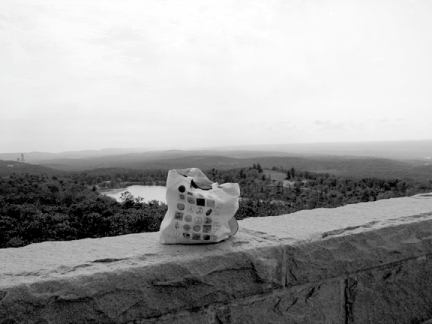clearly, i need to pay more attention to P #32, because i’ve heard myself use the phrase “nose to the grindstone” on a daily basis for quite awhile.
Nose to the grindstone in and of itself is not “bad” (one must make hay), it’s the whole notion of “moderation in all things” that’s buzzing around my consciousness, suggesting that when one’s nose is always poised at the grinding stone, one isn’t necessarily experiencing balance, moderation or fun.
To be fair and honest, yes, I did “unplug” for nearly a week in order to rejuvenate, and there were moments of fun. Yet, while a temporary respite can have great restorative value, it really was just a hiccup of time. So that my nose, well accustomed to the grindstone, fell easily back into position upon my return.
What then, I wondered, is a grindstone and what does my nose have to do with it?
I understand the phrase to mean staying intently focused on work at hand. In other words, all work and no play. But curiosity got the better of me and I had to know know (you know?) what the phrase originally meant.

This old-timey photo was the best I could find ~ and though it looks like a prank (since they seem to be having a laugh), the meaning is not lost. According to varying sources, “nose to the grindstone” literally means one of two things:
1. A European millers’ guild expression to remind the miller that he must maintain a flow a grain between the mill stones, which were traditionally set one above the other. Without any grain between them, the weight of the top stone would strike sparks on the bed stone, and the smell, know as “brimstone” was a warning, that if not heeded, would likely result in an explosion that would kill the miller. Thus, to keep your nose to the grindstone meant to pay close attention, not to work hard, but diligently, and had nothing to do with sharpening tools on the other type of grindstone. (Although some folks agree with this explanation, doubters claim it’s untrue because millers used millstones not grindstones.)
2. 5000 years back (traced by the etymological research department of UCLA), carpenters had made a startling finding about the sedimentary stones and stone, and began using it solely to make the grindstones that sharpened their tools and other items. The nose-to-grindstone term then originates from knife grinders bent over the stone or laid flat on their fronts, with their faces near the stone. (Those in favor of the tool sharpening derivation say that early notes also refer to holding someone’s nose to the grindstone as a form of punishment, which is more in keeping with continuous labor and “being strapped to one’s bench” than it is to the sniffing of ground flour by a miller.)
So there you have it. Your choice. (And just so you know, when I use the phrase, my nose is not coming in close contact with knives, stones or ground flour. In case you were wondering. Which your probably weren’t, but thorough as I am, gotta cover all the bases.)
















